TradeMark Africa, with its wide range of partners, has made significant strides in initiating new projects and pressing ahead with trade facilitation initiatives across Africa. In collaboration with the Government of the Democratic Republic of Congo (DRC), TMA officially handed over a revamped Port of Kalundu, that is situated in Uvira, Sud-Kivu Province. The initiative is part of a broader effort to boost regional trade and economic development along the shores of Lake Tanganyika and the Great Lakes Region. TMA also signed a partnership support agreement with the Government of Zambia to upgrade the Nakonde One Stop Border Post, a key trade route between Zambia and Tanzania. Funded by the UK government, the ZMK 197 million (£7.1 million) project will improve the flow of goods and people along the Dar es Salaam Corridor, promising to streamline operations and reduce cargo clearance times by more than 100% on both sides of the border. USAID’s Economic Recovery and Reform Activity (ERRA) program implemented by TMA, with funding from Feed the Future, has committed $550,000 to the development and implementation of an integrated Fleet Management System (iFMS) poised to streamline fleet operations along the Ethio-Djibouti corridor. In West Africa, TMA launched the Ghana Country Programme Oversight Committee, to play an important role in overseeing trade and facilitation development programmes designed to enhance trade growth and competitiveness along the Abidjan-Lagos Corridor.
TradeMark Africa marks significant milestones on key projects with partners across Africa
Posted on: March 28, 2024
Posted on: March 28, 2024

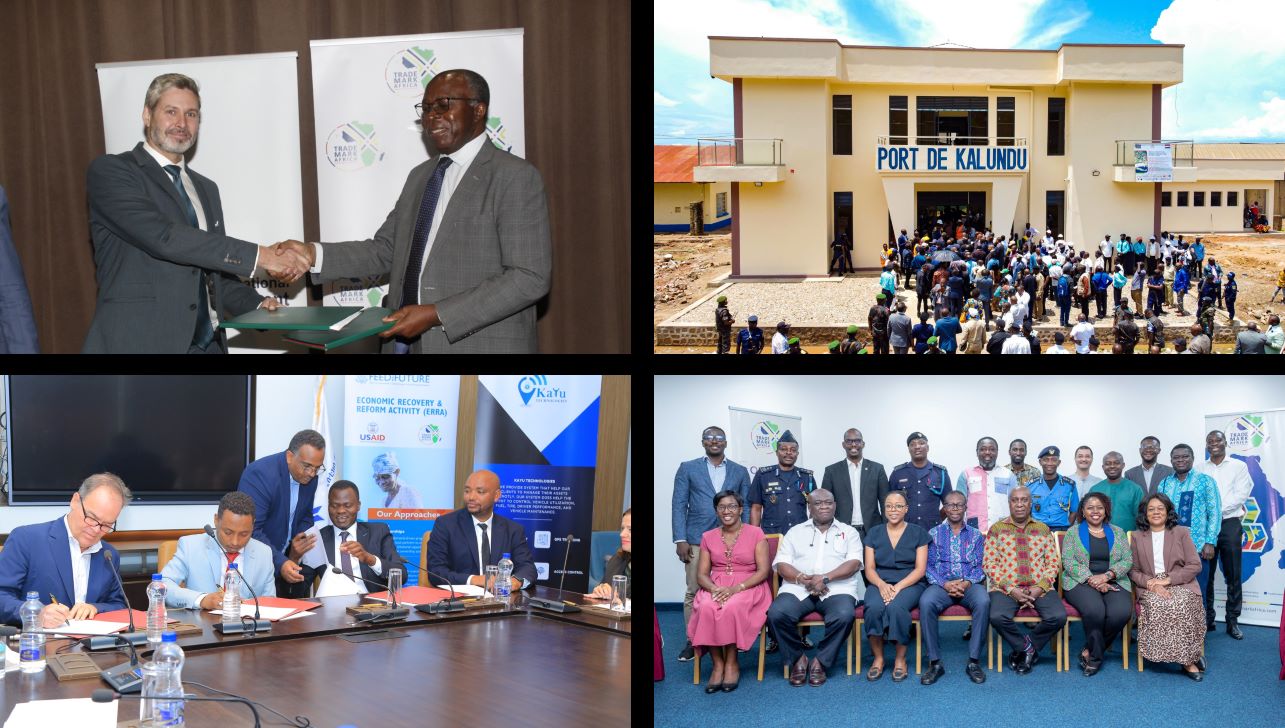
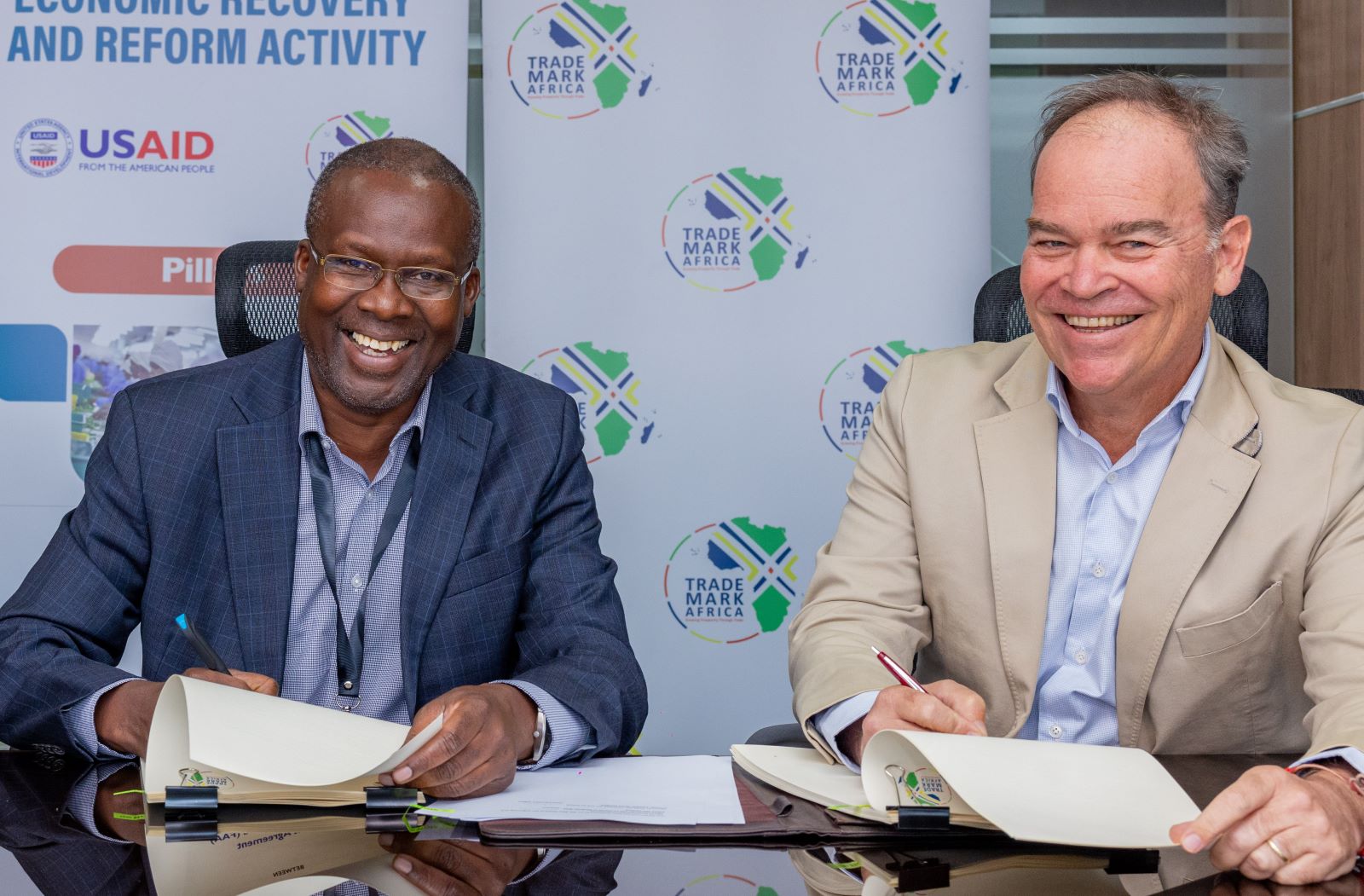
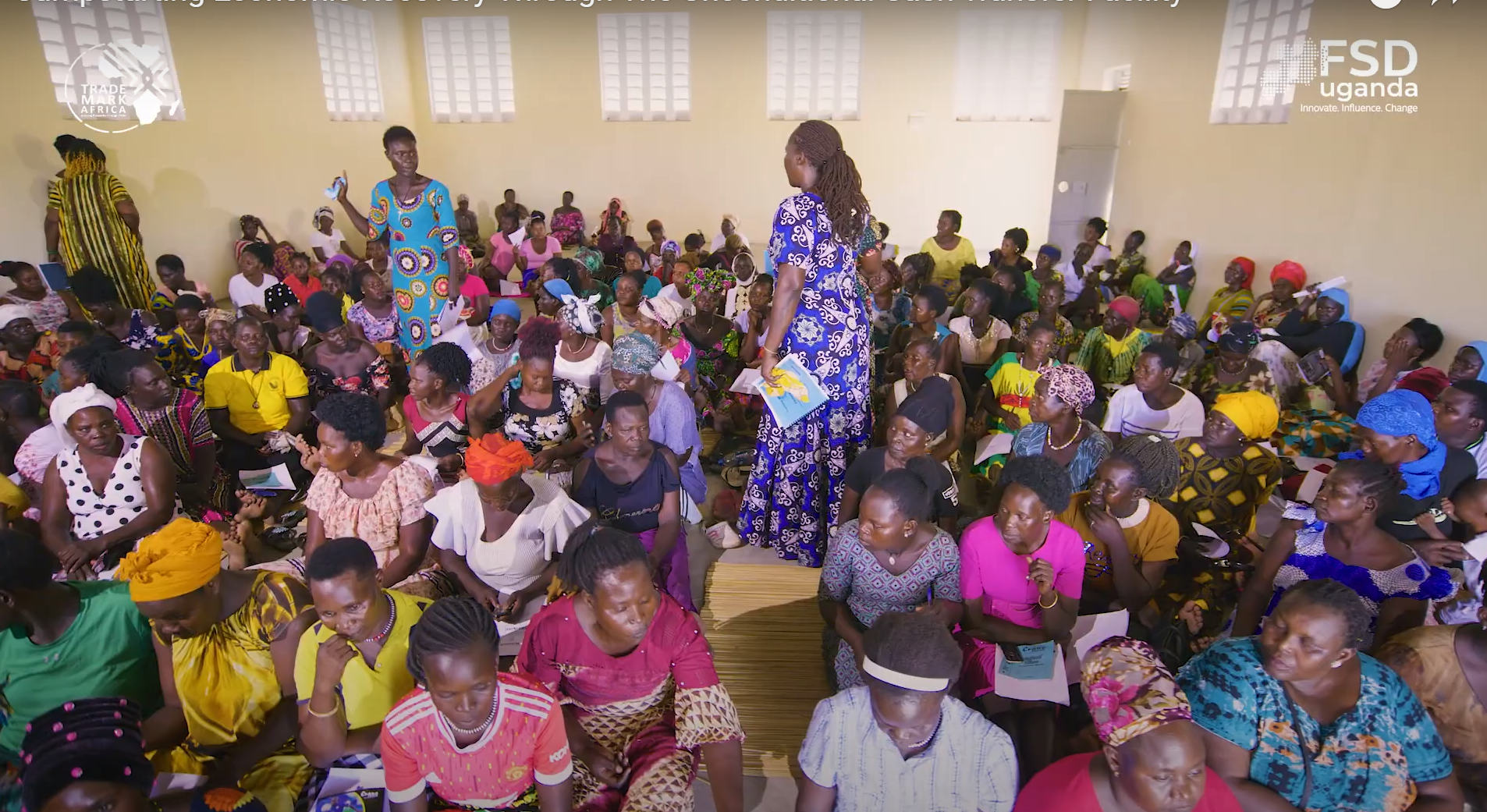
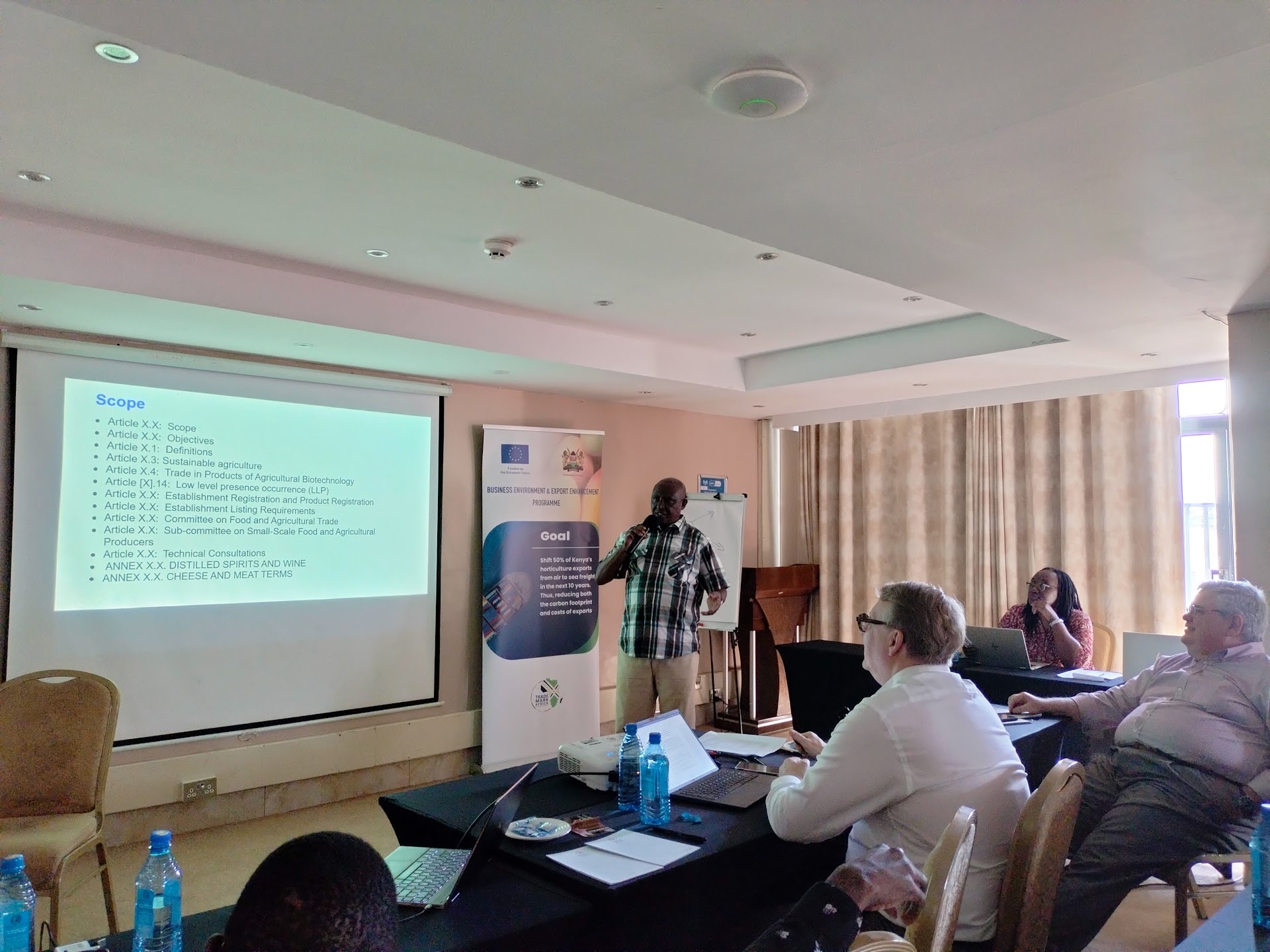
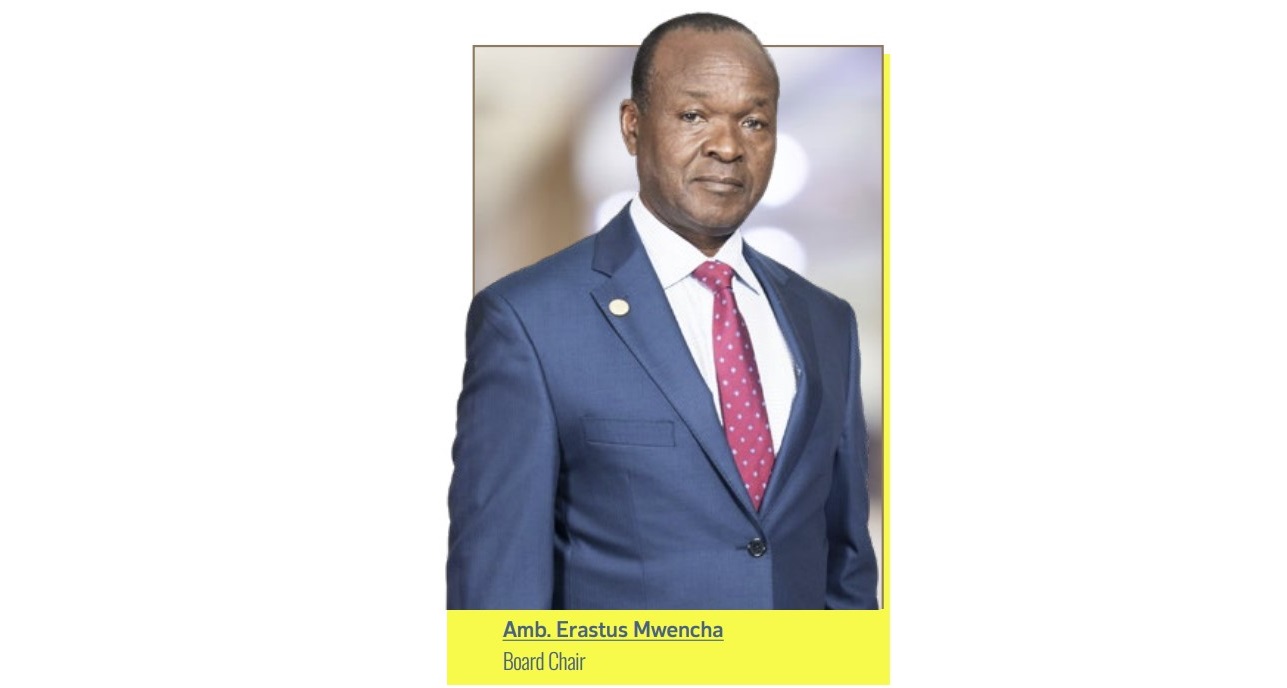
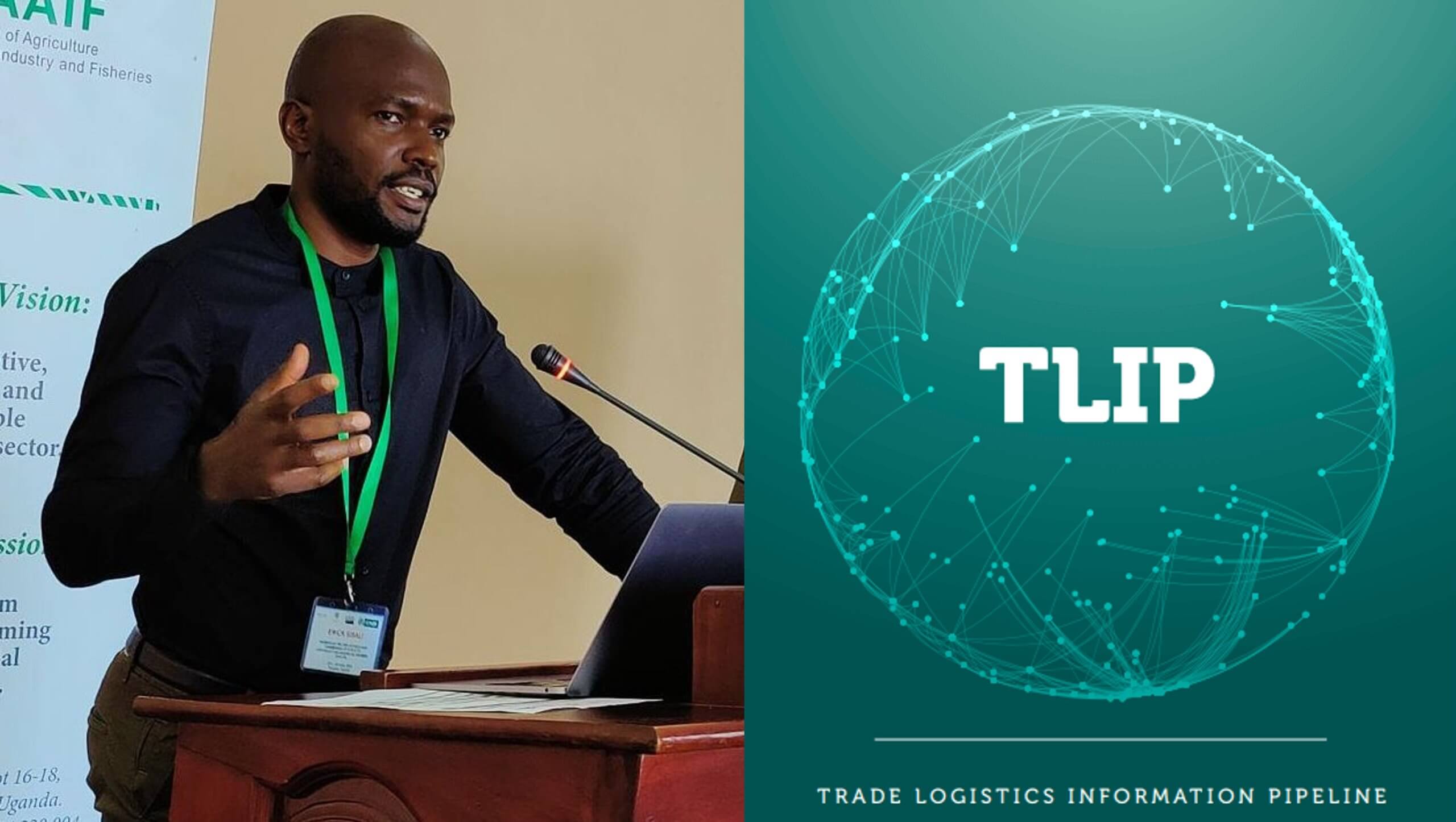
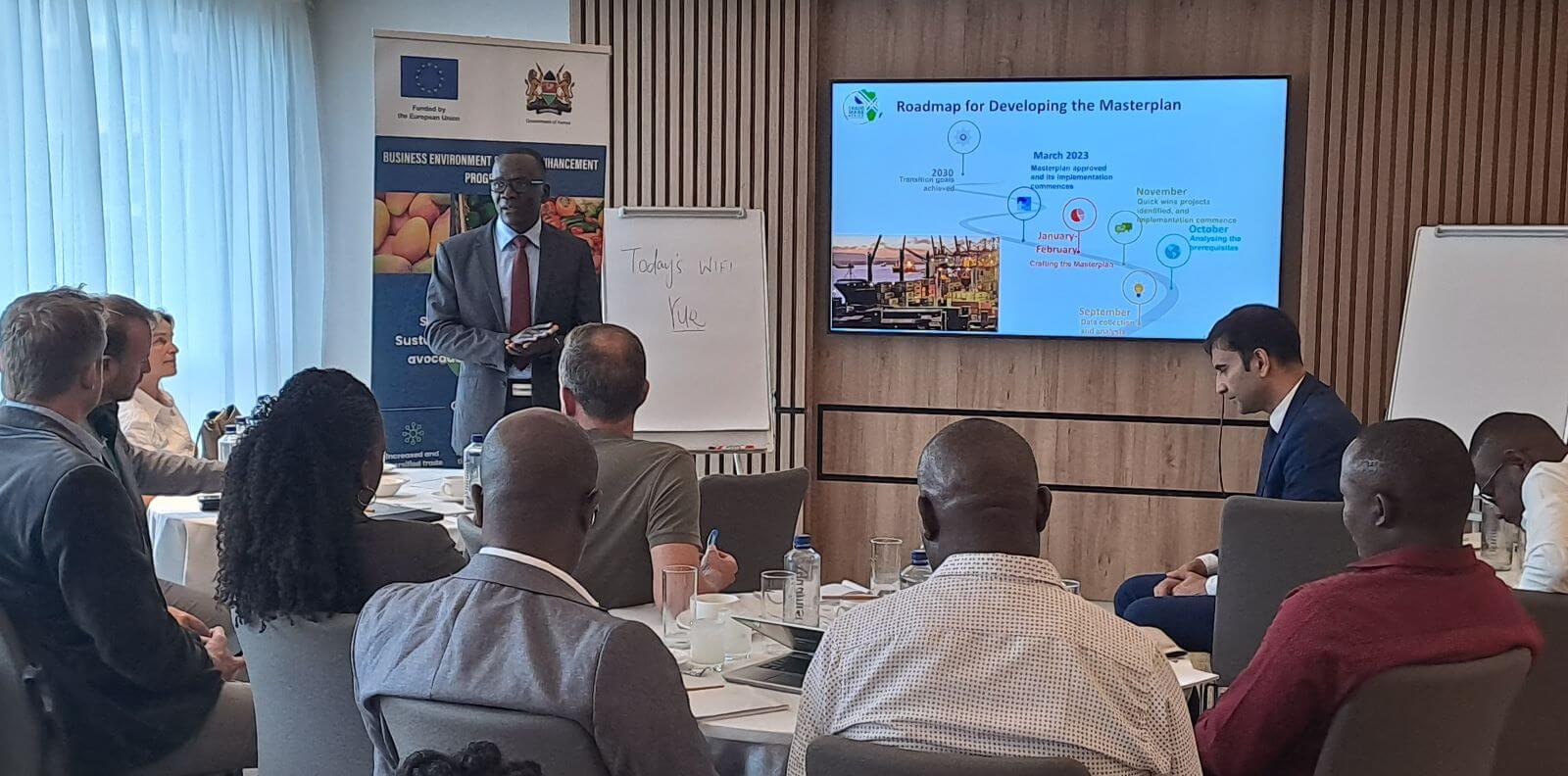
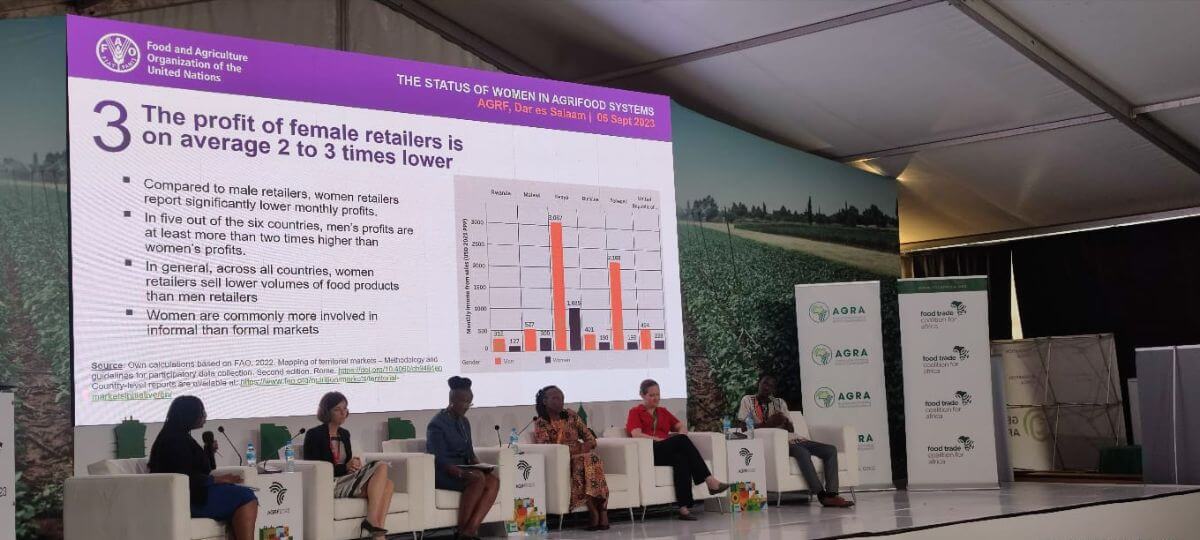
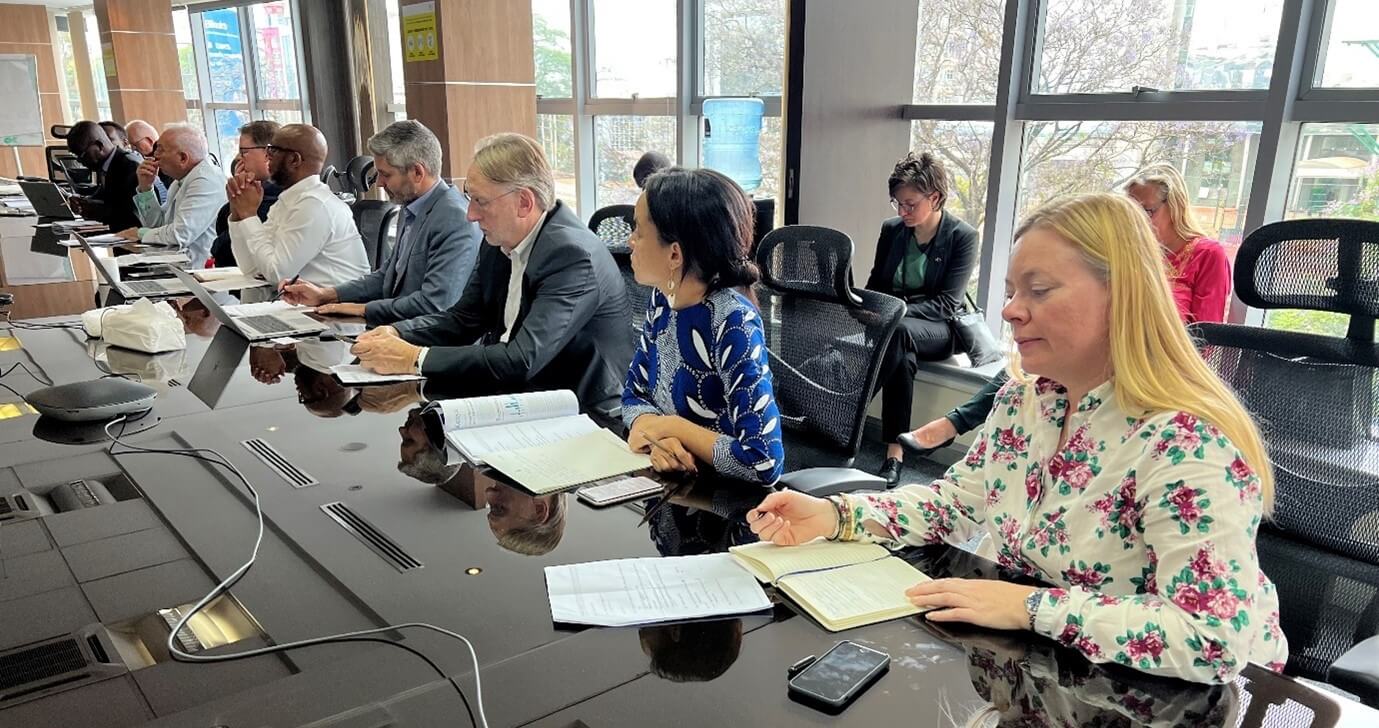
![How EU-Africa partnership is unlocking sustainable trade in Africa [Op-Ed]](https://www.trademarkafrica.com/wp-content/uploads/2022/06/eu.webp)












